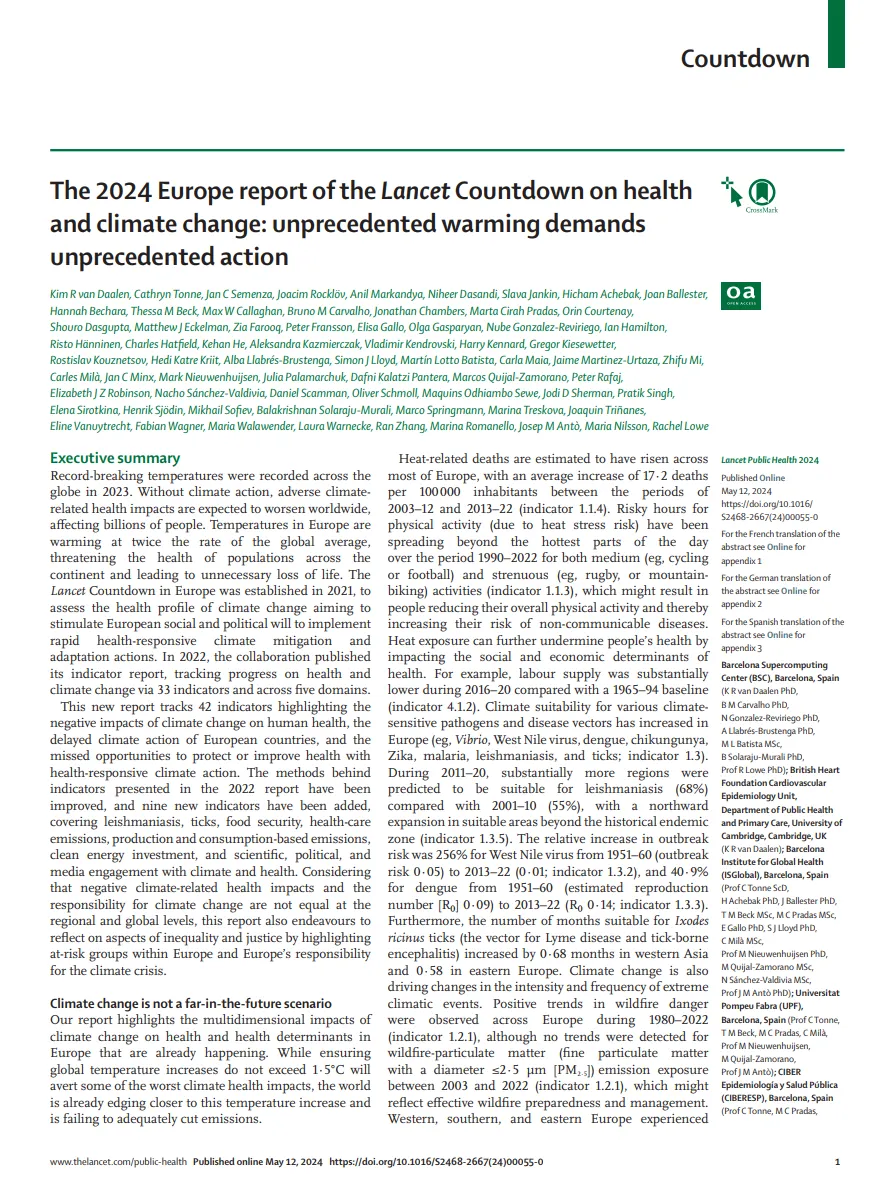In June 2014, Public Health England (PHE) published ‘Sugar reduction: Responding to the challenge’. This set out what PHE would do to review the evidence across a broad range of areas and identify those where action is most likely to be effective in reducing sugar intakes. The findings from this review and the assessment of the evidence-based actions to reduce sugar consumption are set out in this report “Sugar reduction – the evidence for action”.

Public Health England (PHE) is the agency within the Department of Health tasked with protecting and improving the nation’s health and wellbeing, and reducing health inequalities. This report begins by highlighting that almost 25% of adults, 10% of 4-5 year olds and 19% of 10-11 year olds in England are obese and that a significant additional proportion is overweight. It confirms that the NHS (National Health Service) yearly spends £5.1bn on treating obesity and its consequences.
Sugar is one of the key food ingredients linked to weight gain and health problems and in England all population groups consume it in excess of current recommendations. The recommendation by the UK’s Scientific Advisory Committee on Nutrition (SACN) states that sugar should not make up more than 5% of total dietary energy. High school aged children in particular consume too much sugar with an average daily intake from sugar at between 12-15% of total daily energy intakes.
The report concludes that if less than 5% of daily energy comes from free sugars the National Health Service (NHS) would save £500 m (€693 m) per year.
The report argues that cutting price promotions and junk food advertising and implementing a sugar tax are measures that are key to reducing sugar consumption. Health education and marketing alone will not be sufficient in addressing the problem.
The report’s key recommendations are as follows:
PHE's recommended action plan
1. Reduce the number and type of price promotions.
2. Reduce and restrict marketing of sugary food and drink to children and adults across all media and through sponsorship.
3. Set clear definition for high sugar foods.
4. Reformulate to reduce sugar content and cut portion sizes.
5. Set a 10-20% tax on high sugar products.
6. Boost the supply and sale of healthier foods in public spaces
7. Give proper diet and health related training to those in a position to influence food choices, such as the catering sector.
8. Raise awareness and provide practical steps to help people lower their sugar intake
Read the full report here. You can see further coverage in Food and Drink Europe here.
The issue of sugar taxes and their effectiveness is a much debated topic. If you’re interested suggest that you take a look at our research library entries related to sugar, food taxes, health issues, obesity/overweight, and the search sugar tax, You can also read the FCRN-Chatham House report Policies and actions to shift eating patterns: What works? reviewing what the evidence shows about the effectiveness of taxes and other approaches to shifting consumption patterns.




Comments (0)